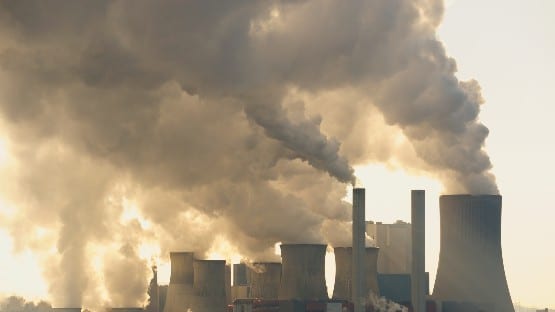Climate Crossroads: What Trump's Potential Return Means for America's Green Future

In a swift and decisive move, President Donald Trump has wasted no time in dismantling key climate change policies during the early days of his second term. Just weeks into his renewed presidency, Trump has already begun systematically rolling back critical environmental initiatives that were put in place by previous administrations.
The rapid pace of these policy reversals signals a clear and aggressive stance against climate action, potentially undermining years of progress in environmental protection and sustainable development. By targeting and eliminating climate-focused regulations, Trump is sending a strong message about his administration's priorities and approach to environmental policy.
Environmental advocates and climate scientists have expressed deep concern over these swift changes, warning that the rollbacks could have significant long-term consequences for global climate efforts and the United States' commitment to reducing carbon emissions. The moves are likely to reignite intense debates about the balance between economic interests and environmental preservation.
As the administration continues to reshape environmental policy, the implications of these early actions are expected to reverberate through both domestic and international climate discussions in the coming months.
